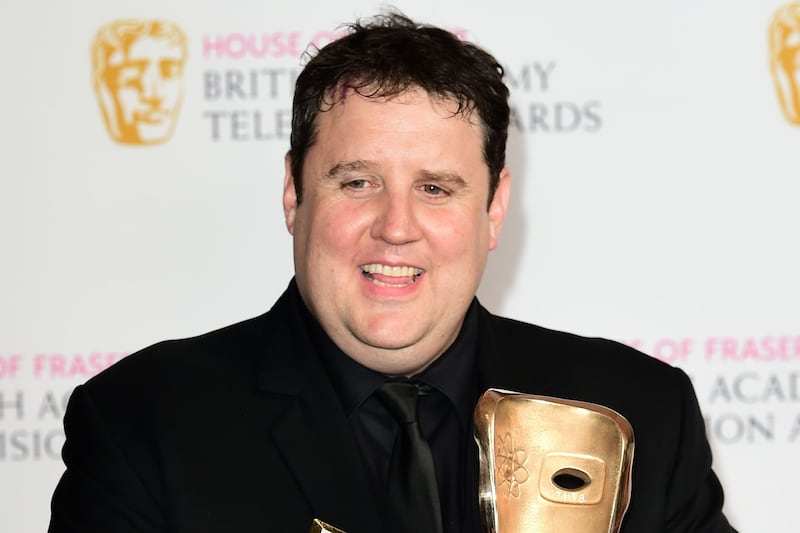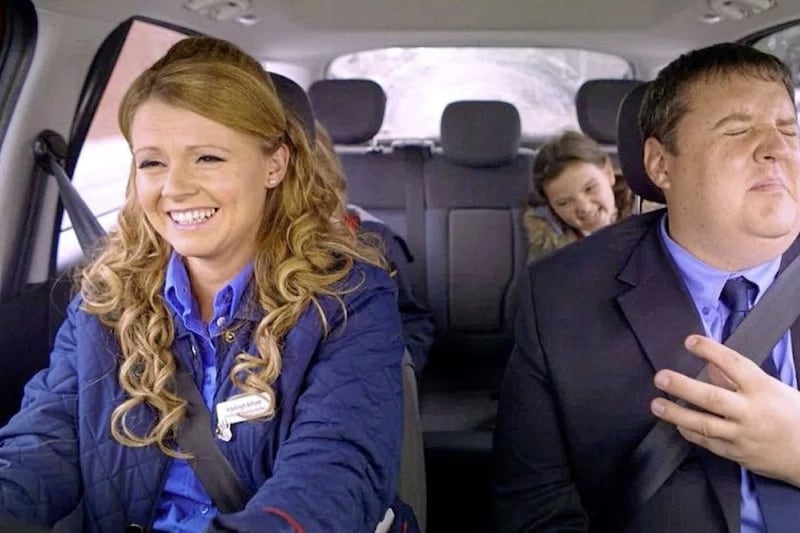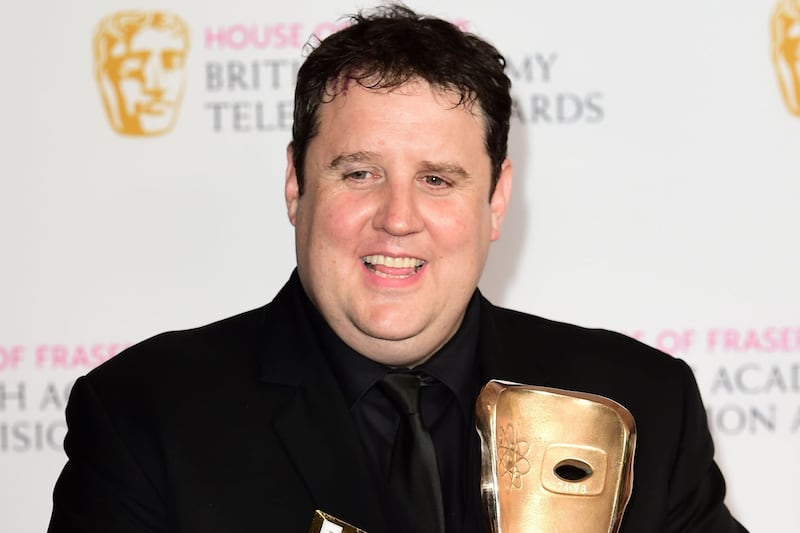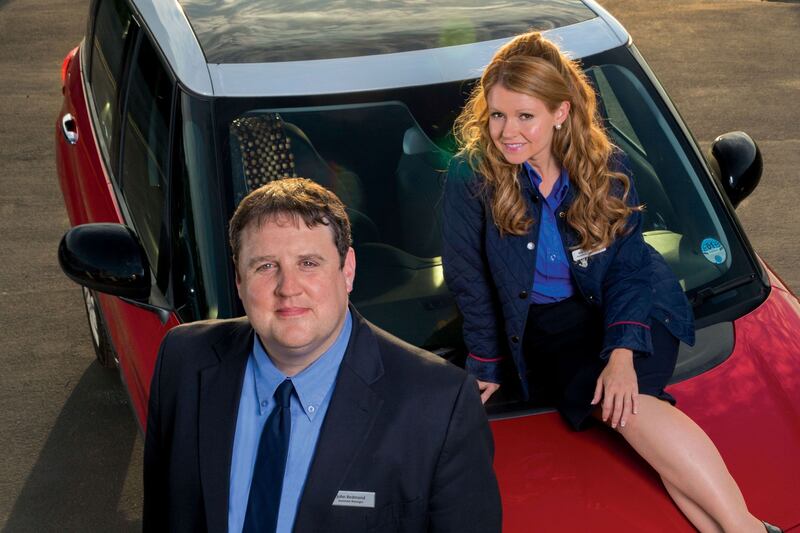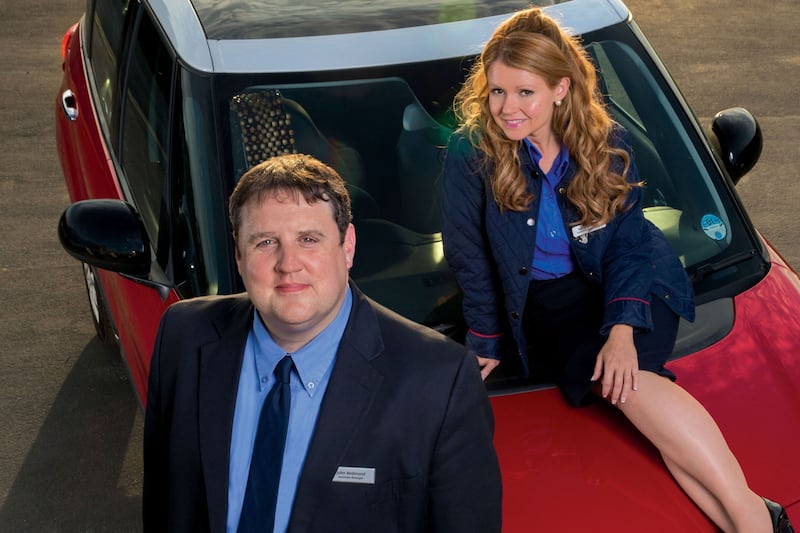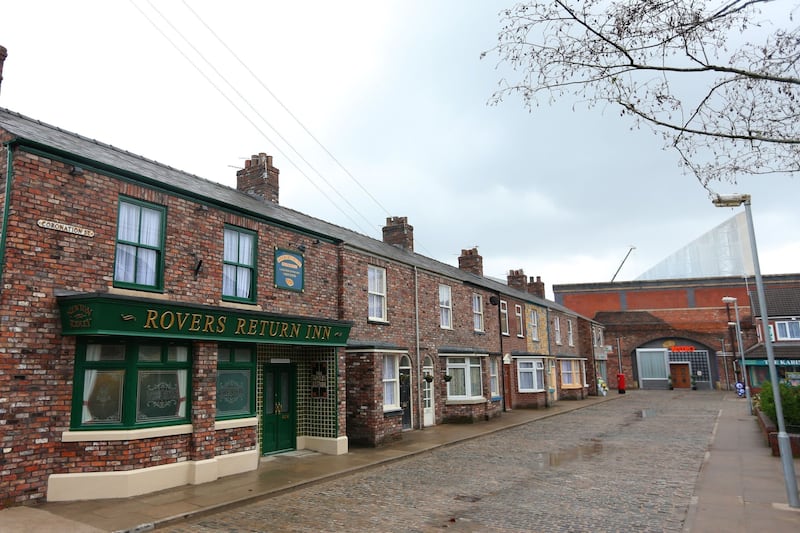Grammar Schools – Who Will Get In? BBC 2, Tuesday at 9pm
Joanita’s mum had to give up her education in Ghana because her family couldn’t afford to keep her in school.
Now living in a London district which uses academic selection, all her hopes and dreams were on her daughter getting into a prestigious grammar school.
It was heartbreaking to see her reaction to the text from the local council that Joanita had fallen short of the required grade in the transfer test.
And all the more troubling because the interviewer had to read the text to her, as the aspirational mum had difficulty reading.
It was a moment which could be used by either side of the selection test argument.
Those arguing that a system which brands 11-year-old children as failures will point to the devastation caused to the family and the stress placed on a child not yet a teenager.
There was also the financial commitment, with the family paying out £300 a month, from a very meagre household budget, for private tutoring in the year leading up to the test.
Selection test advocates will, however, cite the opportunities which were available to Joanita should she have passed the test – the daughter of an immigrant and minimum wage worker getting a top class education based on her ability and not the wealth of her parents.
Grammar Schools – Who Will Get In? follows four students as they strive to get into the best schools in borough of Bexley, which has a fully selective system.
“We’re trying to find the good minds and foster and nurture those,” Townley Grammar School head Desmond Deehan says, defending the system and pointing out that he did not have a grammar education himself.
He cautions against excessive tutoring, saying it can make children more nervous and more likely to perform poorly.
In was hardly statistically significant, but of the four children the one girl who passed did not have any private tutoring.
The 11-plus is again haunting middle England because the Conservative government are pushing for its return.
Meanwhile, it never left Northern Ireland despite a government minister who ruled it was to end.
In fact, in our chaotic system the test has expanded so that children who wish to apply to both state and Catholic streams have to sit exams four weekends in a row.
Episode one dealt with the period leading up the test and the results, leaving two further episodes to cover the aftermath.
Thus far it’s been moving and troubling.
***
Peter Kay's Car Share: The Finale, BBC 1, Monday at 9.30pm
The most unlikely TV hit has returned for a final, final episode such was the upset caused by the last ending.
Penned by Peter Kay, Car Share is the love story of John (Kay) and Kayleigh (Sian Gibson), bonded by their need to get to work though unrelenting traffic and their love of popular music.
At the end of the second series, the long awaited moment when they got together was spoiled by John’s failure to respond to Kayleigh’s affections. It ended with Kayleigh walking out of the car and getting into a nearby taxi.
BBC Controller of Commissioning Comedy, Shane Allen said that the one-off special was "absolutely about giving the audience what they want.”
Kay agreed and The Finale saw John, the ultimate non-expressive male, write a song for Kayleigh to explain his affection and eventually, after a car accident, the couple hold hands on the back seat of the bus home.
Giving the audience what they want is anathema to art but Kay’s genius is greater than silly rules.





